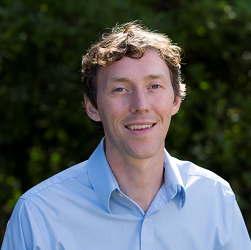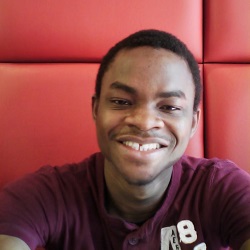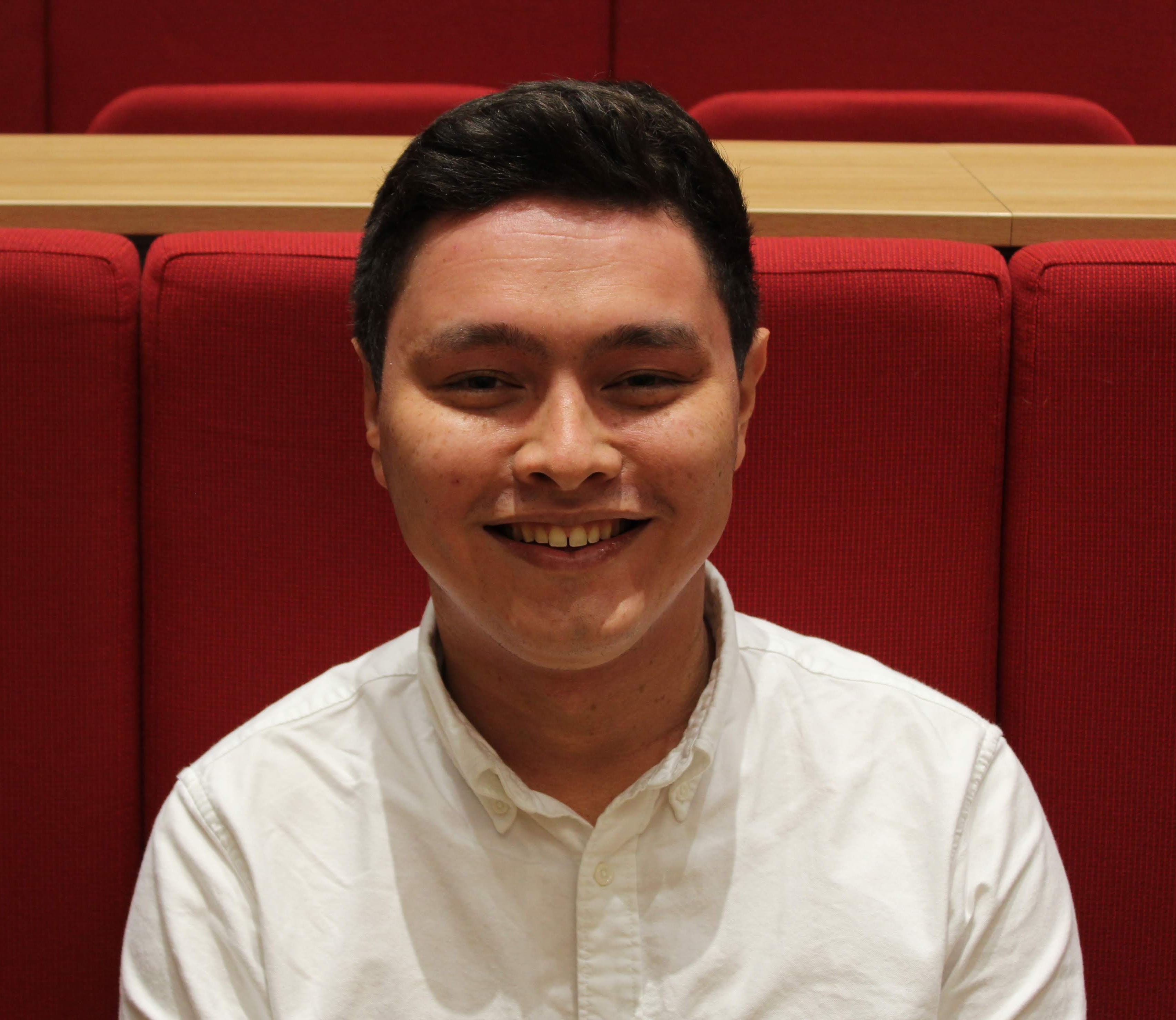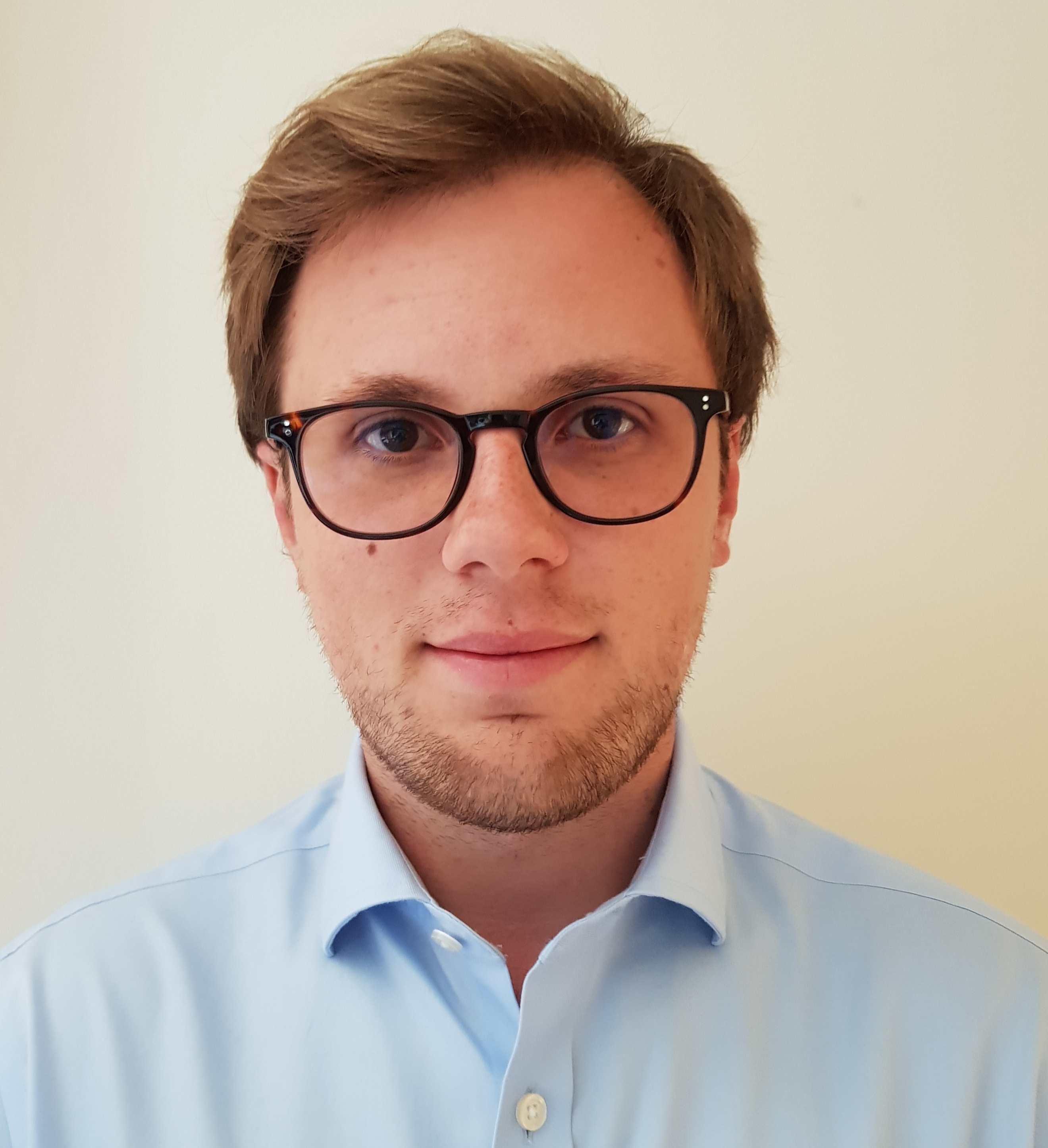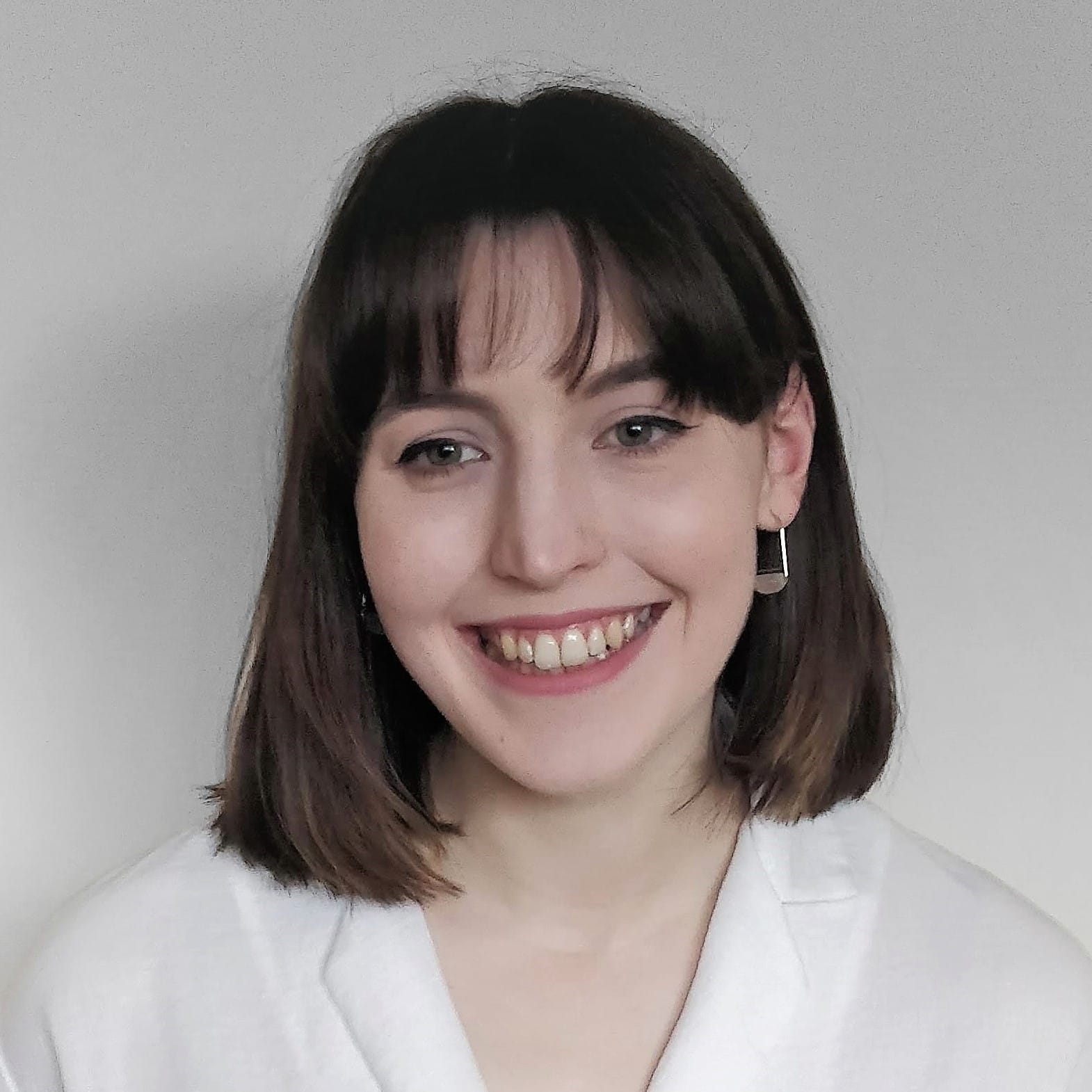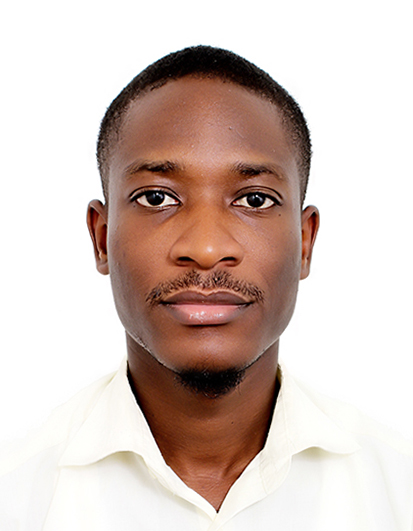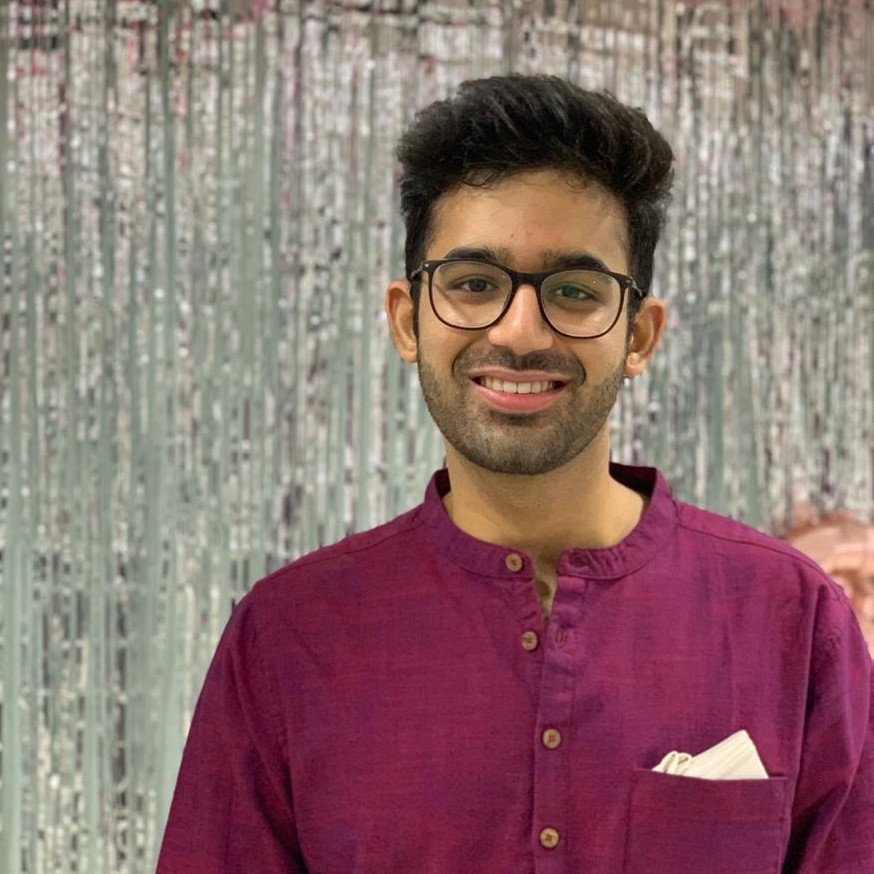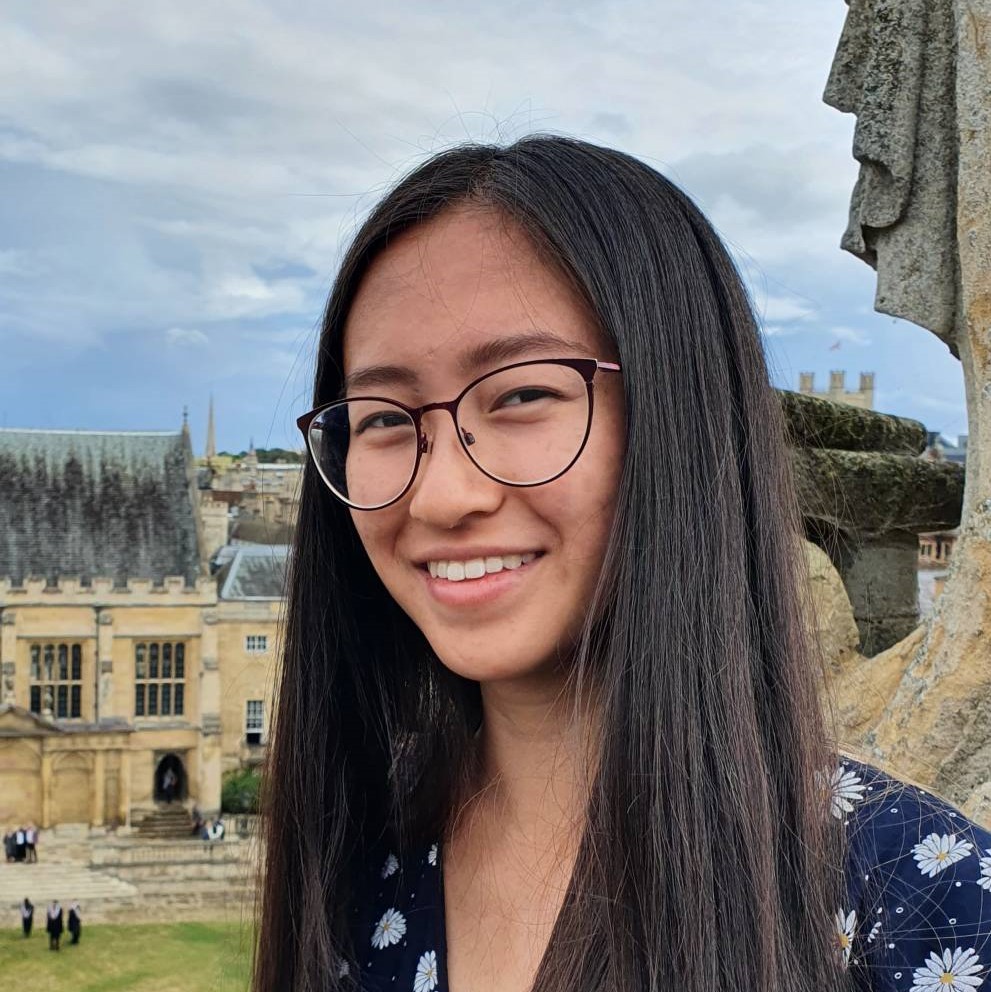Principal Investigator
Christopher Proctor leads the Bionic Systems Group. He received a B.Sc. in Interdisciplinary Physics from the University of Michigan in 2008. Following two years as a general scientist at the U.S. Nuclear Regulatory Commission, he earned a Ph.D. in Materials from the University of California, Santa Barbara where he investigated loss mechanisms in organic photovoltaics (2015). Subsequently, Chris was awarded a postdoctoral fellowship from Whitaker International to develop implantable bioelectronic devices for treating neurological disorders in the Bioelectronics Department at the Ecole des Mines de St Etienne. He then joined the University of Cambridge as a Research Associate and Borysiewicz Biomedical Sciences Fellow. In 2020, Chris started as a BBSRC David Phillips Fellow and group leader in the Engineering Department.
Email: cmp81@cam.ac.uk • Tel:+44 1223 748300 • @DrSeeProctor
Research Associates
Pelumi Oluwasanya has a first class BSc in Electrical/Electronics Engineering from Olabisi Onabanjo University. He also holds Masters degrees in Signal Processing and Communications as well as Sensor Technologies and Applications from the University of Edinburgh and University of Cambridge, respectively. He completed his PhD at the University of Cambridge which was focused on developing portable and non-intrusive sensors for monitoring air pollution. He is a member of both the Institution of Engineering and Technology (IET). His current research focus is to develop novel high spatiotemporal resolution implantable devices and technologies for therapeutic drug delivery in people with chronic neuro conditions.
Students
Lawrence Coles received his integrated Masters degree in Electrical and Electronic Engineering from the University of Southampton in 2019, where he worked on using capacitors for non-invasive respiration rate monitoring. In 2019, he joined the Sensor Technologies for a Healthy and Sustainable Future CDT. His PhD focusses on using flexible materials to produce minimally invasive Electrocorticography arrays for both sensing and stimulation of the cortical surface.
Gavin Summers received his M.Eng. in Electrical and Electronic Engineering in 2019 from Newcastle University where his dissertation focused on the characterisation of thermoelectric materials. Following on from an internship during his undergraduate studies he then started working as a specialist in smart home and electronics at Beko PLC's research and development centre in Cambridge. As a Ph.D. student he will focus on developing a scalable multi-analyte platform for biomolecules with a view towards industrialisation.
Nuzli Karam received her BEng in Aerospace Engineering from the University of Liverpool. For her undergraduate project, she worked on the development of carbon nanotube inkjet inks for integration with novel gas sensing devices. In 2020 she joined the EPSRC funded CDT in Sensor Technologies at the University of Cambridge. For her MRes project, she worked on the fabrication of surface electroencephalography electrodes using inkjet printing techniques and PEDOT:PSS in combination with ionic liquids. For her PhD, Nuzli is working to developing three-dimensional electrode sensing arrays for the study of cerebral organoids in collaboration with Madeline Lancaster at the LMB.
Yaw Ansong Snr is a licensed Medical Doctor by profession and a serial entrepreneur. He received his MSc degree in Bioengineering (Neurotechnology Stream) at Imperial College London where he built a Soft Robotic Peristaltic Device for his master’s thesis. His PhD is focusing on technology for electric field guided regeneration of the spinal cord following Injury.
Atharva Pradhan obtained his B.E. in Electronics and Instrumentation Engineering from Birla Institute of Technology and Science (BITS), Pilani, India in 2020, with a focus on biosensors and point-of-care devices. He completed his Bachelor Thesis at the Department of Bioelectronics, École des Mines de Saint-Étienne, France where he developed flexible implants for neural recording and retinal prosthesis. After spending a year at VINS Neurological Hospital, India, where he managed the Intraoperative Neuromonitoring systems during surgeries, Atharva will now pursue an MPhil in Engineering at the University of Cambridge. As an MPhil student, he will be designing an electronic drug delivery system for the precise delivery of drugs via implantable devices.
Emma Sun is an undergraduate at the University of Cambridge, in her fourth year of studying Medicine and Engineering. For her final year project, Emma is designing a control system for an electro-osmotically driven microfluidic device.
Yasho Agarwal is an undergraduate at the University of Cambridge, in his fourth year of studying Engineering. For his final year project, Yash is designing an automated system for behavoiour-stimulus response experiments in rodent models.
Jamie Gerstein is an undergraduate at the University of Cambridge, in his fourth year of studying Engineering. For his final year project, Jamie is developing mechanical packaging machines for shape-actuated bioelectronic implants.
Alumni
Caterina Cattabriga was a visiting ERASMUS+ undergraduate student from the University of Bologna where she is in the final year of a BA degree in biomedical engineering.
Marie-Joe Stoeri was a visiting master's student from the Swiss Federal Institute of Technology in Lausanne. After finishing her BA degree in Microengineering, she started her Master in Robotics and specializes in bioelectronic and neuroengineering. For her Master’s project, Marie-Joe focused on simulating diffusion of drugs in the brain to aid the development of drug delivery technologies.
Nida Duobaite was an undergraduate at the University of Cambridge, who recieved MEng & BA Degrees in Engineering. She specialises in the field of Electrical and Information Engineering. As her final year project, Nida focused on optimising an implantable stimulator system for rehabilitation from spinal cord injury

